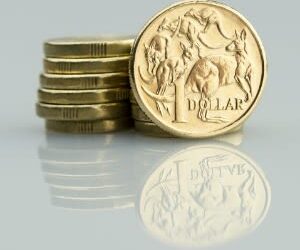The balanced default asset allocation option, a strategy that served superannuation fund members well in the past few years, is unlikely to continue to receive strong investment returns in the coming years as interest rates hit the bottom of the cycle, according to HLB Mann Judd.
The strategy, which typically saw 70% allocated to ‘risky’ investments – such as shares that traditionally experienced large swings in market value – and 30% to ‘secure’ investments with less volatile pricing movements such as fixed income, might be not serve investors well going forward with the biggest concern being the poor outlook for ‘secure’ or fixed interest investments given the low return environment.
“It is hard to predict interest rate movements, but it is fairly safe to assume that interest rates over the next five years will not rise by more than 1% or 2%,” HLB Mann Judd wealth management partner, Jonathan Philpot, said.
“We can expect one-year term deposit rates to remain under 3% and other secure fixed interest type of investments to be providing similar type of returns.”
According to Philpot, medium-term returns of 7%-8% – made up of dividend yield and earnings growth – over the next five years would be a reasonable expectation for share investments.
“With a 70% allocation to shares and a 7%-8% expected return, the balanced investor is likely looking at a total return of between 5.5% and 6.5% for the next five years; significantly less than previous years.
“For investors who are drawing down more heavily from their superannuation, this return may be too low,” he stressed.
One solution to increase the investment returns would be to increase the allocation to the ‘risky’ part of the portfolio, with an extra 10% allocation to be likely to produce a 0.5% higher return. However, this would come with increased volatility, Philpot warned.
“Sharemarkets will continue to operate in the same volatile manner, which can be a daunting prospect for investors who are not used to the wilder ride.
“But while a 15% short term market correction on a higher proportion of an investor’s portfolio may be a difficult pill to swallow, for the benefit of higher expected long-term returns, it may be necessary to achieve a longer lasting superannuation balance.”




